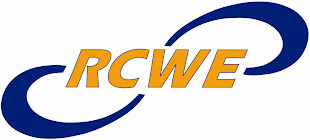[From Philanthropy News Digest] Civic Ventures, a think tank devoted to baby boomers, work, and social purpose, and the MetLife Foundation have announced that they will award six $25,000 Community College Encore Career Grants to institutions working to re-traini adults age 50 and over for careers in health and education.
The grants will support and highlight college programs that match the skills and interests of experienced adults with specific high-need careers such as home and community health workers, nursing, adjunct community college faculty, and teaching in areas of critical shortage.
Accredited two-year community, junior, and technical colleges offering associate degrees are eligible to apply. Community colleges that received prior Community College Encore Career Project grants are not eligible to apply for a second grant at this time.
For complete information, including the full Request for Proposals and application froms, visit the Encore program Web site.
Contact:
Link to Complete RFP




 A nonprofit 501(c)3 organization, the RCWE’s mission is to connect people with jobs through collaborative workforce development efforts and strong partnerships with economic development, business, education, and government sectors in the Northwest Pennsylvania region.
A nonprofit 501(c)3 organization, the RCWE’s mission is to connect people with jobs through collaborative workforce development efforts and strong partnerships with economic development, business, education, and government sectors in the Northwest Pennsylvania region.